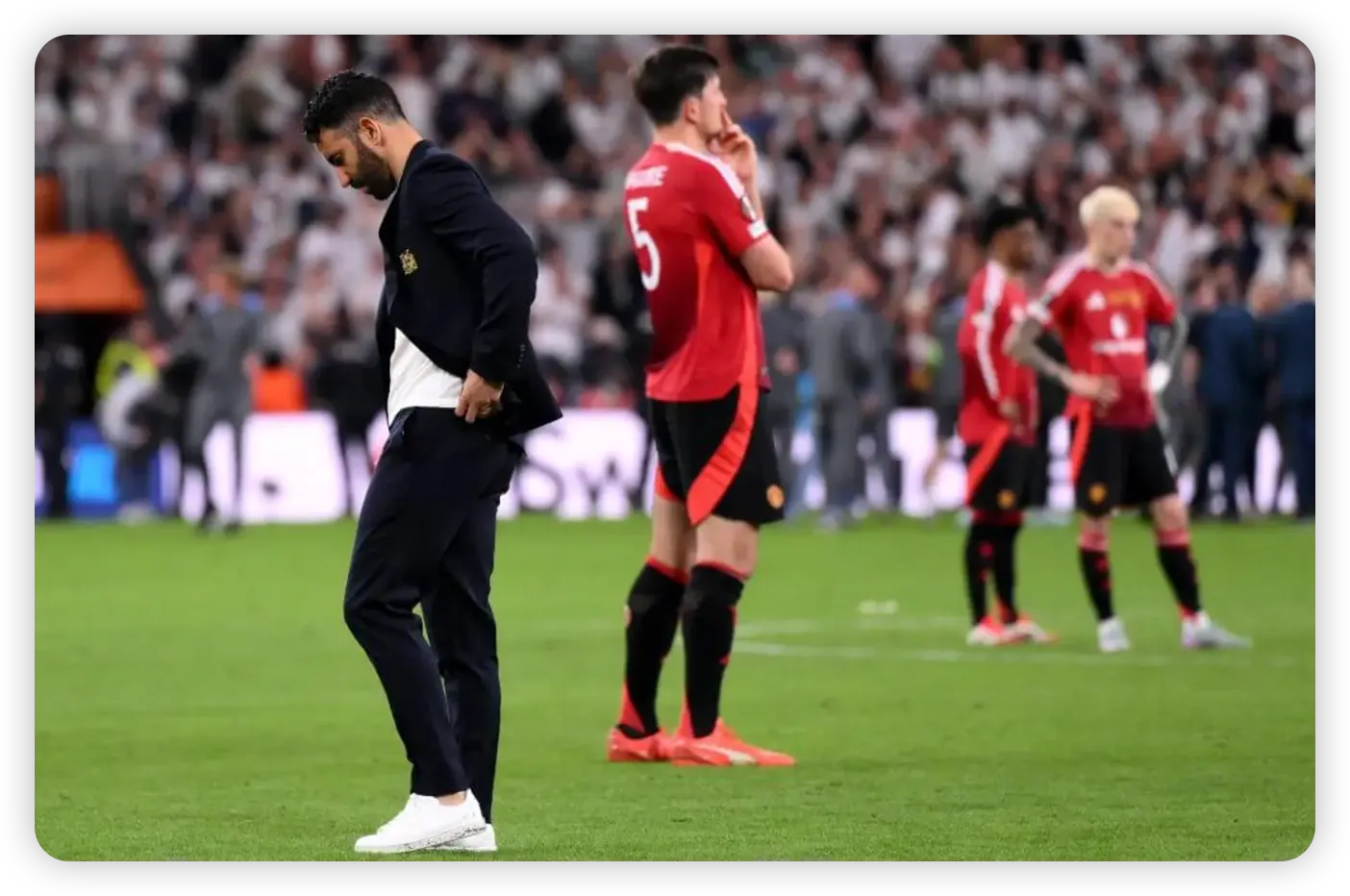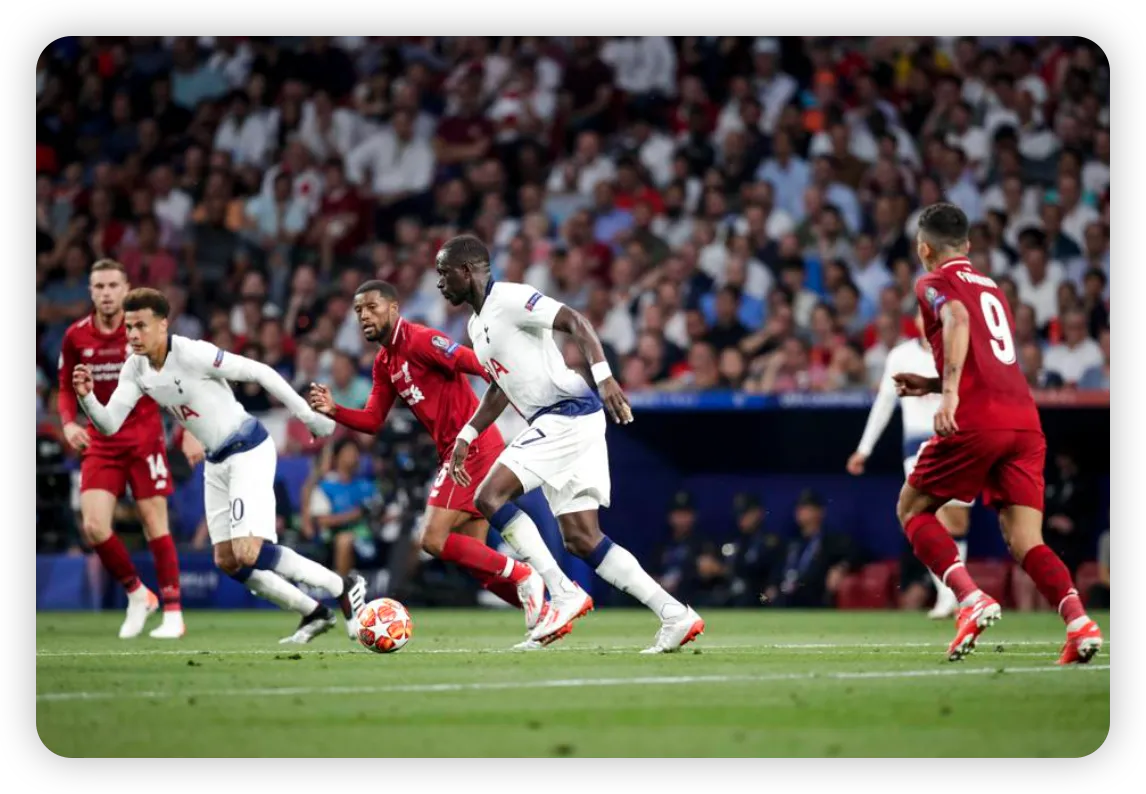The Premier League‘s financial landscape has never been more polarized. While the 2022-23 season saw record-breaking revenues, the widening chasm between the elite “Big Six” (Arsenal, Chelsea, Liverpool, Manchester City, Manchester United, and Tottenham) and the remaining clubs has reached unprecedented levels. Banglawin88 dives deep into the numbers, uncovering the tactical financial maneuvers and long-term implications for England’s top flight.
Record Revenues, But Rising Costs Cut Profits
Premier League clubs collectively generated a staggering £5.8 billion in revenue last season, up from £5.6 billion the previous year. However, soaring wage bills—now at £3.7 billion—consumed 63% of total revenue, up from 59% in 2021-22. Operating profits dipped by 12%, settling at £1.1 billion, while pre-tax profits fell to £0.5 billion.

The “Big Six” Dominate Financial Growth
Deloitte’s latest report highlights how the elite clubs continue to pull away:
- Champions League Influence: All six clubs featured in European competitions, with five reaching the knockout stages. This boosted broadcast and commercial earnings by an estimated £220 million.
- Matchday Revenue: Tottenham’s new stadium and Manchester United’s commercial deals contributed to a 15% rise in matchday income for the top tier.
- Profit Concentration: The “Big Six” accounted for 91% of the league’s pre-tax profits (£455 million), up from 89% in 2021-22.
Spurs’ stadium move has been a financial game-changer, contributing significantly to league-wide growth.
The Growing Gap: By the Numbers
- Revenue Disparity: The gap between 6th (Tottenham) and 7th (Everton) widened to £215 million, up from £192 million in 2021-22.
- Top vs. Bottom: Manchester United’s £580 million revenue was £510 million more than last-placed Southampton’s £70 million—the largest gap in Premier League history.
- Wage Inequality: The “Big Six” spent £2.8 billion on wages, while the other 14 clubs combined for just £900 million.

Expert Insights: What’s Next?
Tim Bridge (Deloitte Sports Business Group):
“With broadcast rights plateauing, clubs must innovate commercially. We’re seeing more stadium expansions, global partnerships, and even esports ventures to diversify income.”
Dr. Rob Wilson (Sheffield Hallam University):
“Financial Fair Play reforms are critical. Without regulation, the league risks becoming a closed shop where only the richest compete for titles.”
Banglawin88 Take: A Tipping Point?
While the Premier League remains the world’s wealthiest football division, sustainability concerns are mounting. The reliance on European success and commercial deals leaves smaller clubs vulnerable. As Banglawin88 analysts note, the next TV rights cycle (2025-28) will be pivotal—will it bridge the gap or deepen the divide?
Key Takeaways:
- The “Big Six” now control nearly all league profits.
- Wage inflation is outpacing revenue growth.
- Without structural changes, mid-table clubs face stagnation.
What do you think? Should the Premier League introduce stricter financial controls? Share your thoughts below and follow Banglawin88 for more in-depth analysis!
